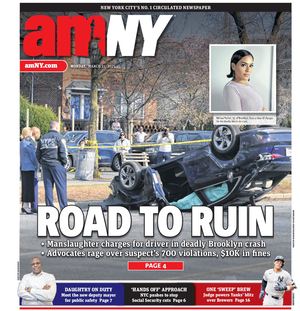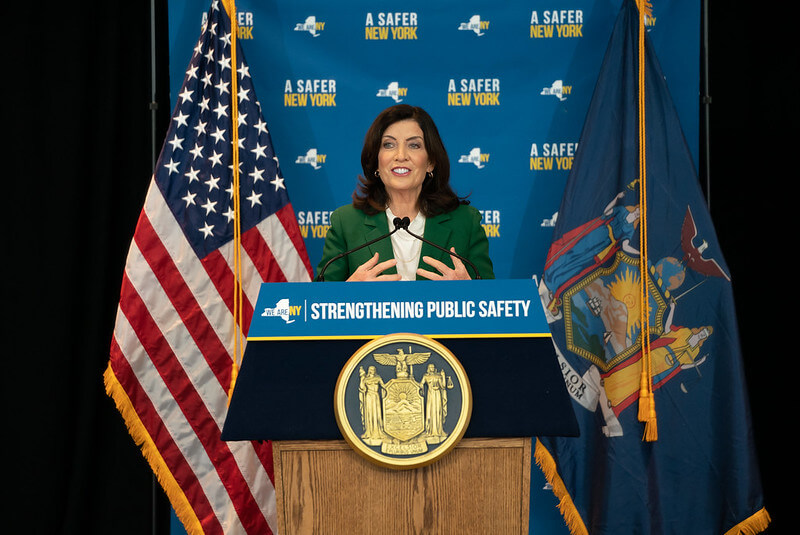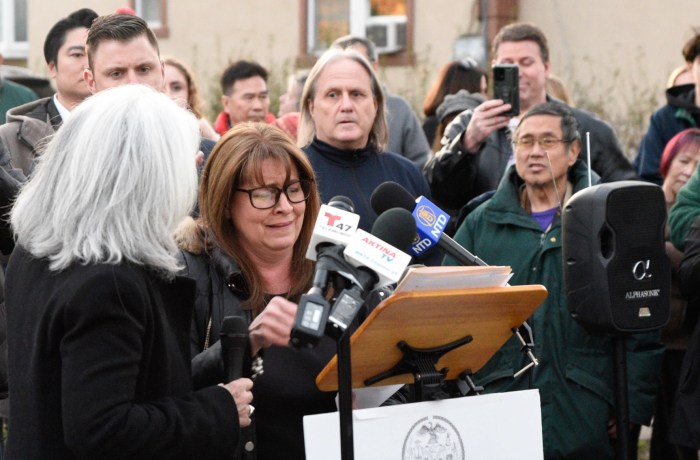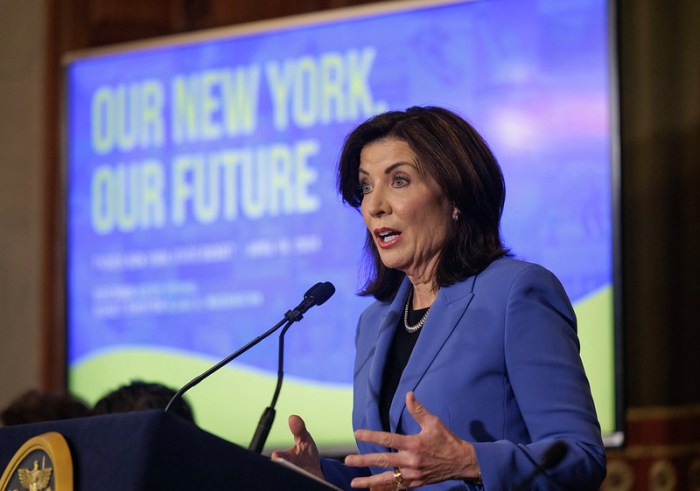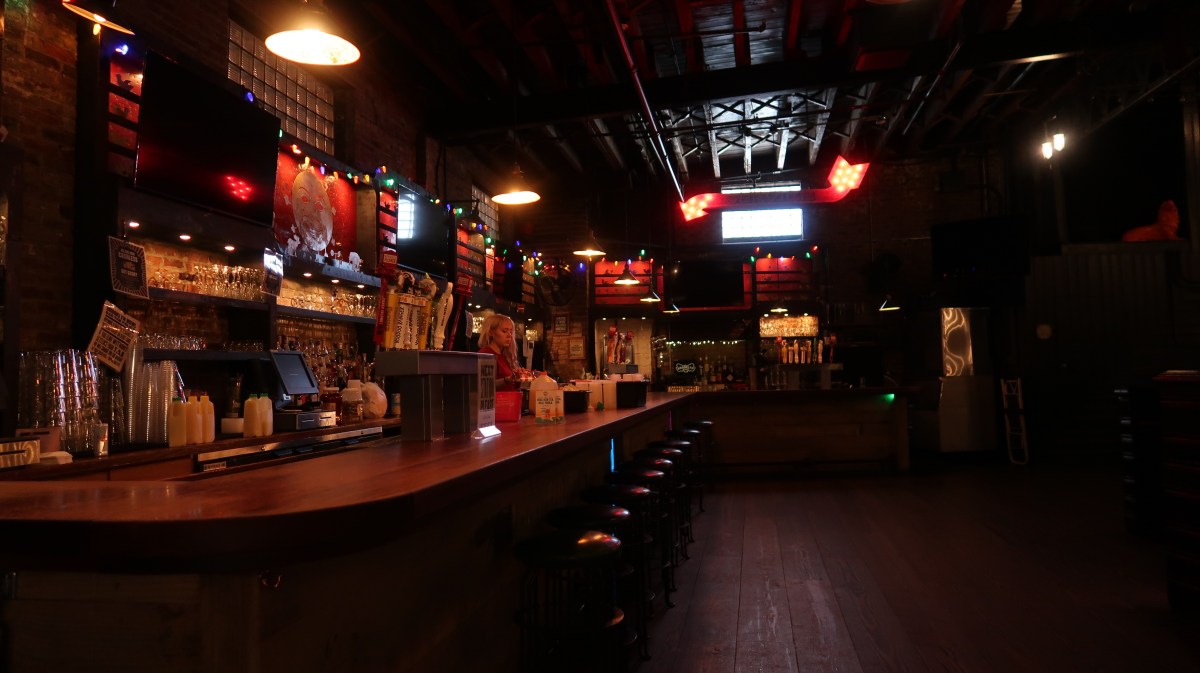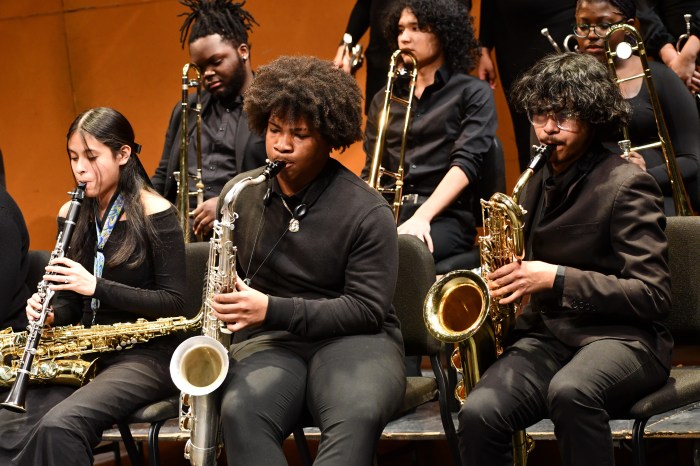Finally capping off a state budget process that went over a month past its April 1 deadline, Governor Kathy Hochul on Wednesday signed the budget bill containing most of the spending plan’s major policy items — known as the “Big Ugly” — into law.
Hochul also signed into law Wednesday other parts of the $229 spending plan, separated into a series of bills passed by the Assembly and state Senate Tuesday night. That includes changes to New York’s bail laws sought by Governor Kathy Hochul; a raise in the state’s minimum wage by $2 over the next three years and will index future increases to inflation; new measures for cracking down on shops selling weed without a license; a bevy of environmental reforms, including a ban on gas stoves in new construction; and the chance to open 14 new charter schools in the five boroughs.
The final deal was passed after Hochul announced a “conceptual agreement” on the budget at the state Capitol late last Thursday evening, following 27 days of closed-door bargaining with state Senate Majority Leader Andrea Stewart-Cousins and Assembly Speaker Carl Heastie. State legislators rubber-stamped the plan less than 24 hours after all the bills’ details were released Monday night, giving them very little time to review the fine print.
During a ceremony where Hochul signed the bill in Upper Manhattan Wednesday morning, she said that while it took “some extra time” to cement a final deal, the end result was worth the wait.
“It’s been a long few weeks, Groundhog Day, a couple of times, Groundhog weeks, Groundhog month, but here we are,” the governor said. “This budget process did take some extra time. But I said from the very beginning. It’s not a race to a deadline. It’s a race to the right results. And we have to move the state forward. I said we have to make it safer, more affordable and more livable. I made that promise in my State of the State [address] back in January. And that’s exactly what this budget does.”
Hochul also touted the budget’s public safety investments and initiatives, as did Mayor Eric Adams, who joined the governor Wednesday, and who has been pushing for bail tweaks and other criminal justice changes like more funding for prosecutors — which the budget includes — and four of the city’s five district attorneys.
But some of the most significant policy items Hochul sought as part of the budget, mostly notably, an ambitious housing plan to throw up 800,000 new homes over the next decade, didn’t make it into the final plan after meeting resistance from rank-and-file legislators. Tenant protections pushed by many progressive lawmakers, but opposed by the governor — including “Good Cause” eviction and a Housing Access Voucher Program — also weren’t part of the finished product.
Stewart-Cousins, in a Wednesday morning statement, said she’s “proud” of the budget for its inclusion of what she described as policies and funding that help pull New Yorkers on the “bottom rung” up.
“This year our mission was to forge a more affordable state for all New Yorkers, one that worked to open doors and opportunities, not close them. We believe that in order to create a better state we need to pull from the bottom rung up and I am proud of this budget and the affordability, prosperity and progress we will be able to offer all New Yorkers.”
Still, fiscal watchdogs like Citizens Budget Commission (CBC) President Andrew Rein criticized the plan for widening the state’s budget gap for the next fiscal year far past the $5.7 billion proposed in Hochul’s executive budget, while not including measures like her housing plan. Overall, Rein said, “this budget was not worth the wait.”
“The budget weakens the State’s financial footing and does not include the governor’s bold, beneficial proposals to address the housing production and affordability crises,” Rein said. “Increasing the State’s fiscal instability risks New York’s attractiveness to residents and businesses and increases the chance of future massive program cuts or economically harmful tax increases.”
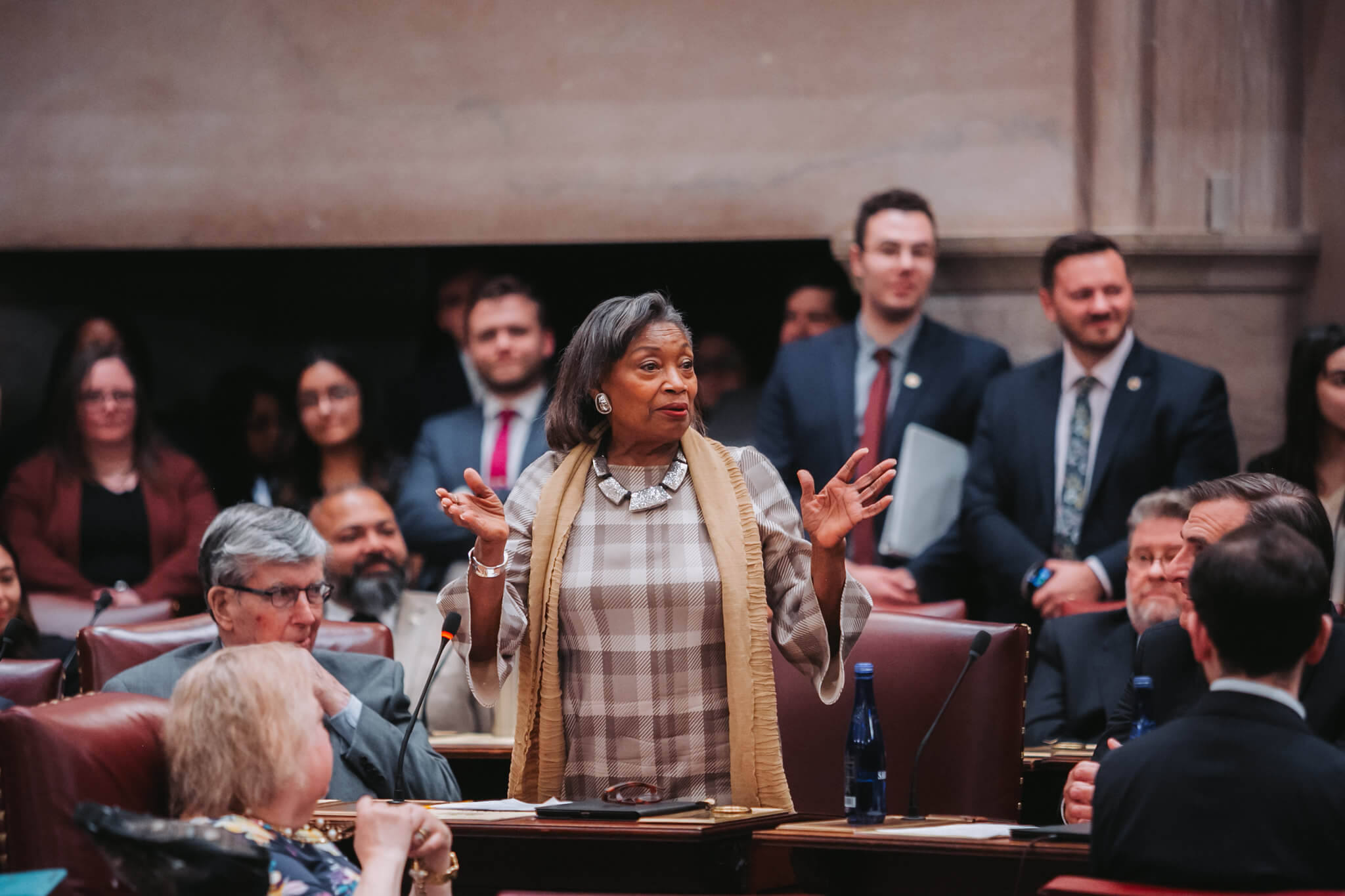
Bail reform rollbacks
The budget’s lateness this year mostly hinged on negotiations over changes Hochul sought to state bail laws, which were overhauled in 2019 to eliminate cash bail for most misdemeanors and non-violent felonies. The reforms were intended to spare legally innocent people from languishing in dangerous carceral settings, like Rikers Island, while awaiting trial.
Hochul argued further tweaks were needed this year, after holding up the budget last year over a previous set of bail reform rollbacks, in order to address recidivists committing violent crimes while on pretrial release after being arrested. At the root of the problem, she said, was confusion amongst judges about which crimes they could and could not hold people in jail for pretrial.
As a solution, the governor pitched giving judges more discretion by eliminating what’s known as the “least restrictive means standard” — which requires judges to consider the least restrictive methods for making defendants show up to court. A change that was ultimately included in the final plan.
“The agreement … removes what is known as the least restrictive means standard, which judges have said ties their hands,” Hochul said Wednesday. “It now gives them discretion if they need to hold violent criminals accountable.”
Beyond nixing the least restrictive standard, a bevy of other changes were also inserted into the final plan, according to published reports.
Those include giving judges more options for setting non-monetary pretrial conditions — like supervised release — for low-level offenses; making those who are out on release after being arrested for a felony eligible for bail or pretrial detention if they’re rearrested for a second felony; and allowing judges to use addiction-treatment and mental health programs as non-monetary pretrial conditions.
But not everyone was a fan of the final deal on bail reached by Hochul and legislative leaders. The final language led Brooklyn Assembly Member Latrice Walker (D) — one of the original authors of the 2019 reforms who’s been on a multi-week hunger strike in protest of additional changes — to vote against the budget bill they were contained in.
During a speech on the Assembly floor Tuesday night before casting her “no” vote, Walker characterized the latest bail rollbacks as a political move that goes against available data showing the bail laws haven’t contributed to a rise in crime.
“’I’m tired of standing here year after year to make the same case for humanity, it’s like a bad version of Groundhog’s Day,” Walker said. “I’m here to say ‘no.’ There are too many lives on the line. I’ve been collegial and agreeable and amenable. But not at the expense of the people that I represent and whose stories that I embody.”
“We know for a fact that pretrial incarceration by destabilizing people and families does not make us safer,” she added. “The budget would look a lot different if we really cared about safety.”
